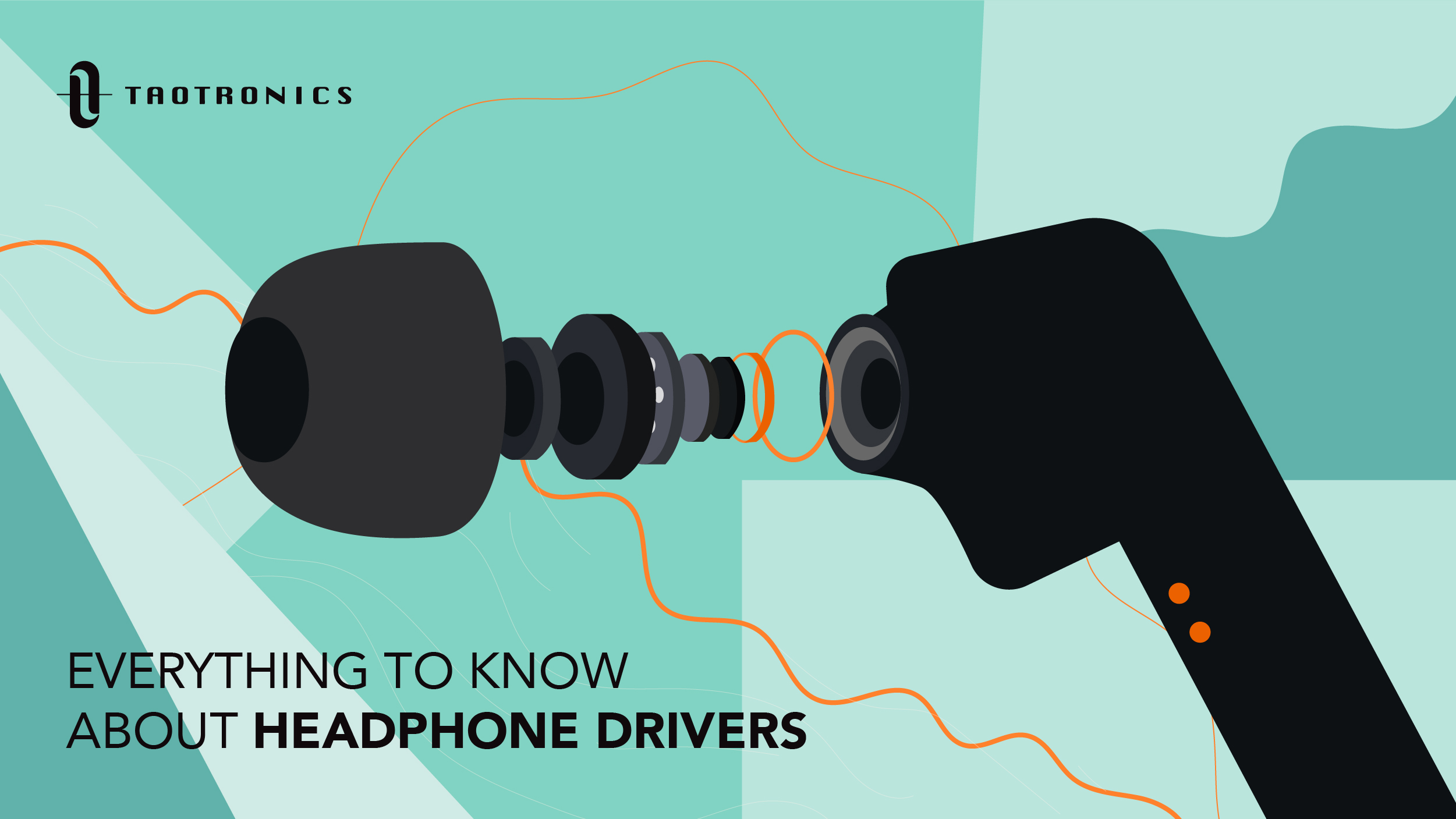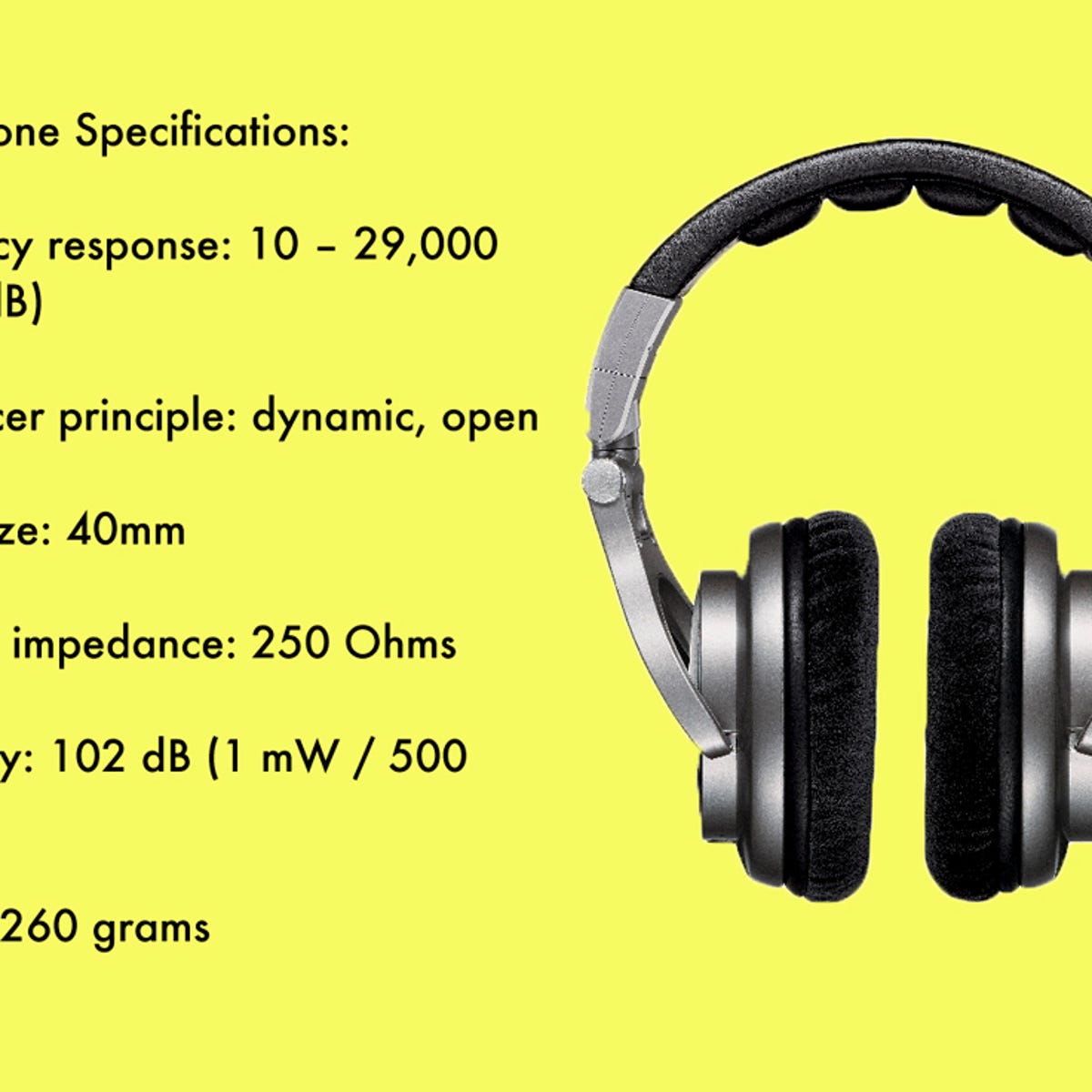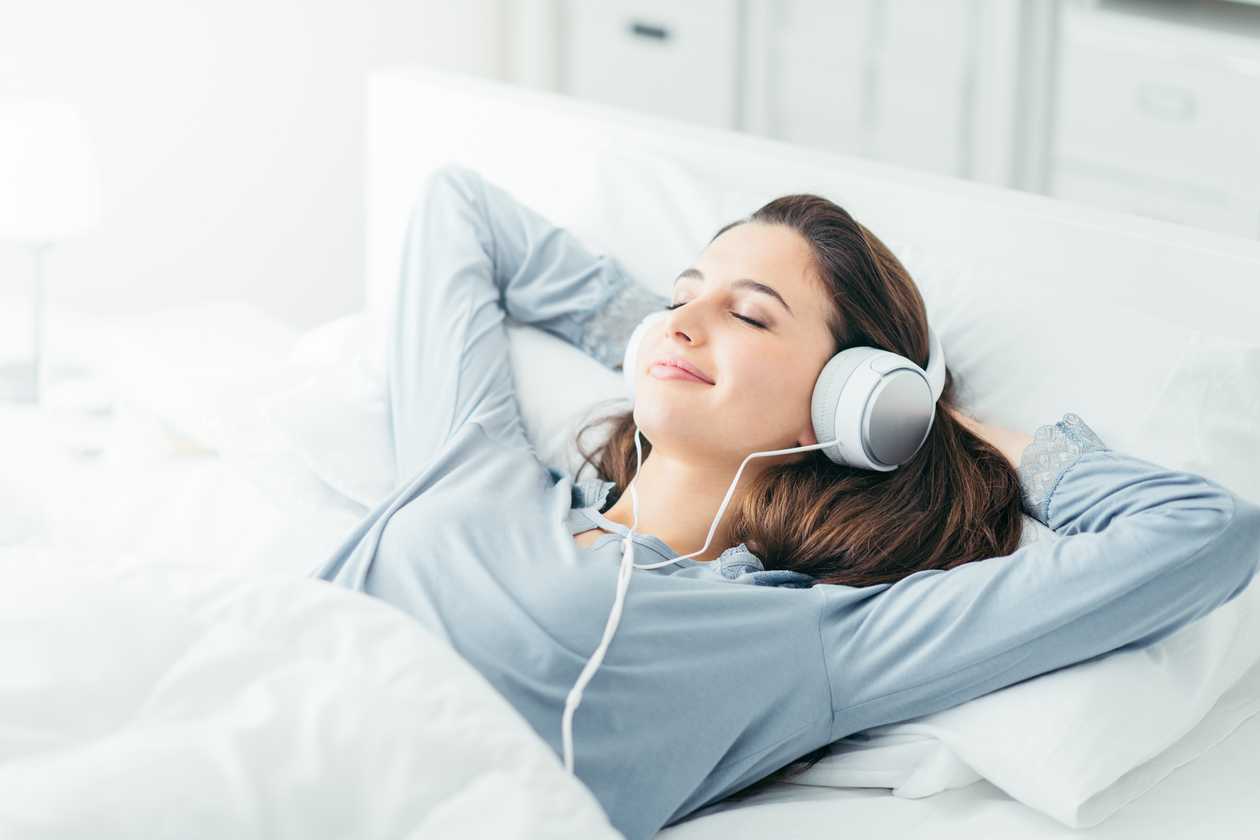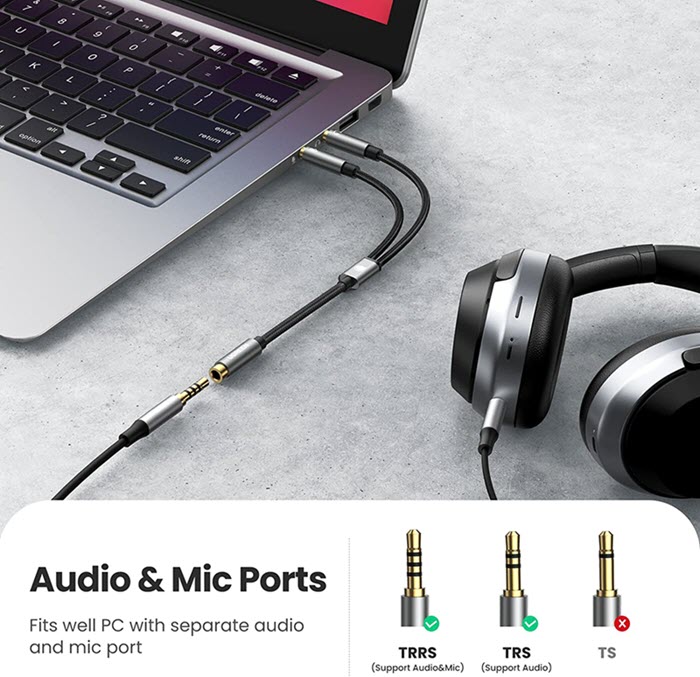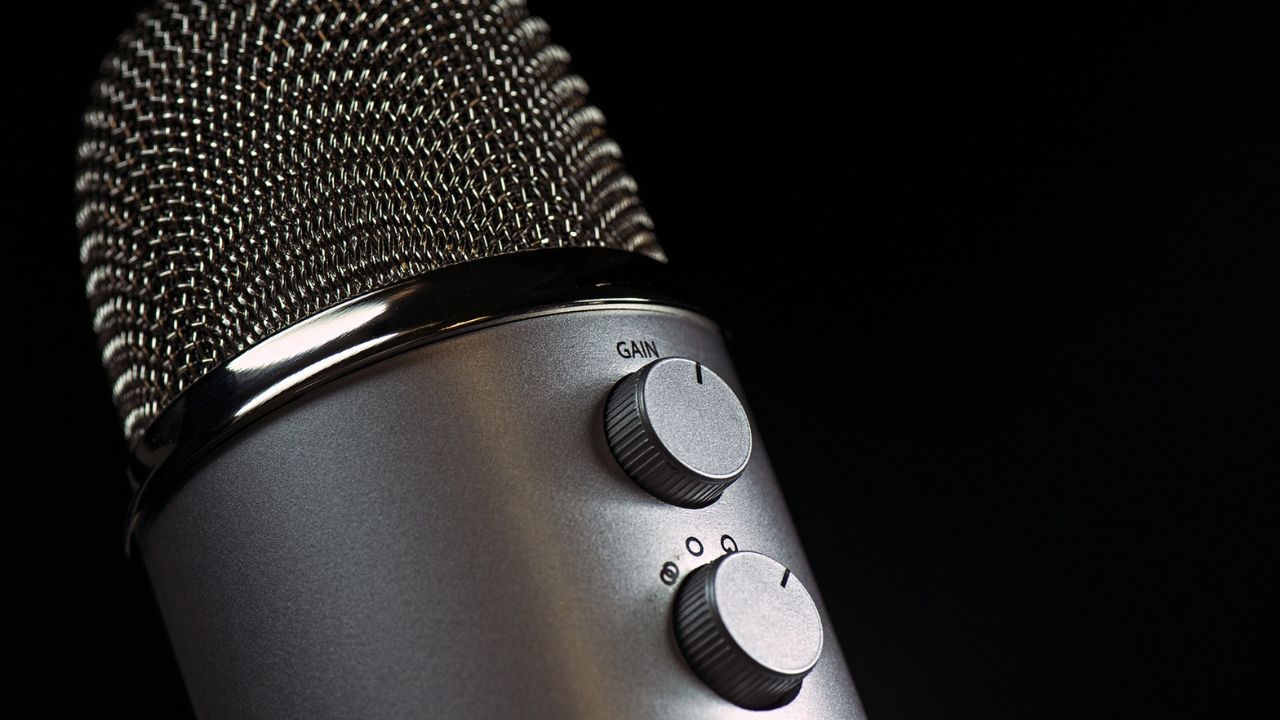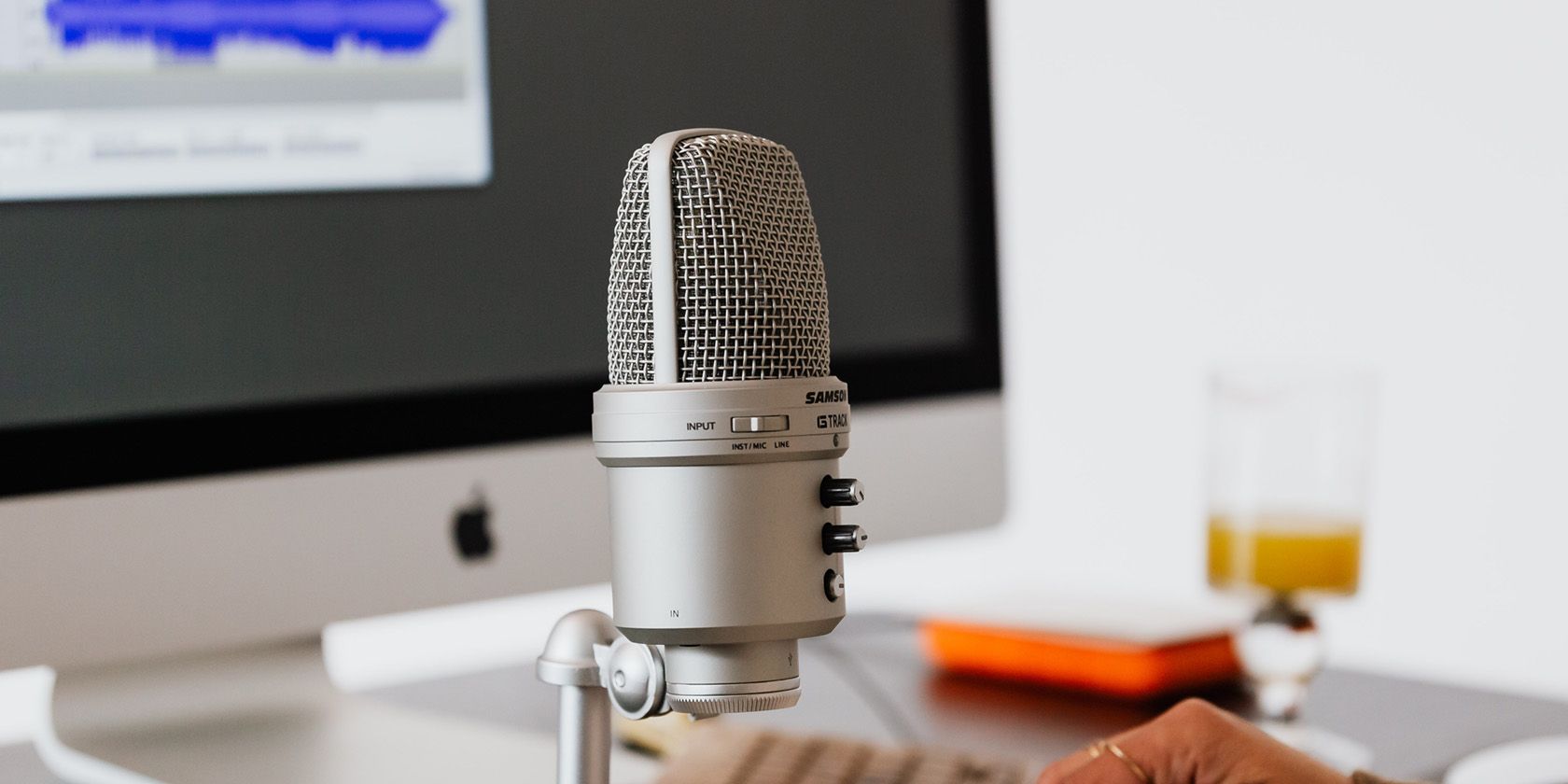Noise Isolating Headphones: Understanding Their Meaning And Function
Introduction
As technology continues to advance, manufacturers are developing headphones with extraordinary features such as noise isolation. However, the term 'Noise Isolating Headphones' is often misunderstood and mixed up with noise cancelling headphones. In this article, we clear up the confusion and explain what noise isolating headphones truly mean. Furthermore, we look at the benefits of noise isolating headphones and how they compare with noise cancelling models. By the end of this article, you'll be able to distinguish between them with ease, to help find the perfect headphones for your needs and environment.
What Are Noise Isolating Headphones?
Noise isolating headphones, commonly known as sound isolating headphones or in-ear monitors, have unique design features that separate them from their counterparts. Instead of relying on digital technology, these headphones use physical properties to block out ambient noise, ensuring a more immersive listening experience.
Here's a quick breakdown of what they are and how they function:
- Structure: Noise-isolating headphones often comprise of high-density materials including foam, rubber, or silicone. They ensure a snug fit, tightly sealing the ear canal or covering the ears entirely.
- Function: These headphones act as a physical barrier against external noise. With the ear canal sealed, the sound from your audio source is channeled directly into your ears, reducing the penetration of external sounds.
- Effectiveness: The efficacy of noise isolation depends greatly on the fit and material used in the headphones. A better fit and denser material generally offer superior noise isolation.
- Limitations: While noise isolating headphones can cut down consistent noise like the hum of a fan, they are less effective in blocking out sudden, sharp noises.
By understanding these aspects, you can better comprehend the notion of noise isolating headphones and how they can enhance your audio experiences.
What Does Noise Isolation in Headphones Mean?
The term 'Noise Isolation' in the context of headphones refers to their inherent capability to block the intrusion of external sounds, thereby delivering a pure and immersive audio experience. This technique is not reliant on complex electronic components or advanced acoustic technologies. Rather, it's a matter of designing headphones in a particular way using specific materials. Here's the breakdown:
• Construct: Noise isolating headphones are often built using dense materials like rubber, foam, silicone, or even metal. This high-density material helps to obstruct ambient noise from maiing its way to your ears.
• Sealing Design: Whether they are in-ear or over-the-ear headphones, noise isolating headphones are designed to fit tightly in or on the ear. A well-fitted headphone does a great job in isolating your ears from external noise.
• Creates Isolated Listening Environment: Noise isolating headphones block out external noise as you listen to your audio content, thus creating an isolated listening environment. You can enjoy your music, podcasts, or movies without noise contamination from your surroundings.
In essence, the concept of noise isolation in headphones is all about using physically dense materials and a sealing design to create a barrier that effectively blocks out unwanted external noise.
How Do Noise Isolating Headphones Work?
Noise Isolating headphones operate based on a relatively straightforward but effective principle - creating a physical barrier between your ears and the surrounding noise. Here's a detailed breakdown of the process:
- Fitting Design: The primary method of noise isolation involves the headphones snugly fitting over or inside your ears. The form factor, which may include in-ear, on-ear or over-ear design, serves to directly funnel sound to your eardrums while minimizing external noise seeping through.
- Material Optimization: The efficacy of noise isolation can significantly depend on the materials used in headphone construction. Denser materials, such as high-density foam, rubber or silicone, provide superior isolation compared to lighter materials.
- Seal Creation: An integral part of noise isolation is the creation of a seal. This seal is formed when the earmuffs or earbuds fit tightly around or inside the ear, reducing the external noise that can pass through to the inner ear.
- Specific Sound Limitations: Although noise-isolating headphones effectively block out consistent background noises, such as an air conditioner's hum or an airplane engine's rumble, they are less successful at reducing sudden, abrupt sounds.
In essence, noise-isolating headphones work by using their physical characteristics to reduce surrounding noise levels. This operation method ensures that users receive an uninterrupted and high-quality audio experience.
What Are the Benefits of Noise Isolating Headphones?
Noise isolating headphones extend far beyond just offering a superior listening experience. In this section, we illuminate the multiple benefits of noise isolating headphones that make them a highly sought-after choice amongst audiophiles and casual listeners alike.
1. Pristine Listening Experience: Their primary function is to reduce ambient noise, thereby enhancing the quality of the audio content. It keeps the sounds you want to hear in, and the unwanted sounds out.
2. Healthier Listening: You can maintain a lower volume whilst using noise-isolating headphones. With lesser background noise to compete with, these headphones allow you to listen to music at a much safer soundscape, protecting your hearing health.
3. Focus Amplifier: Whether it's studying for an exam, focusing on an important work assignment, or sinking into your favorite music tracks, noise-isolating headphones limit distractions and thus resulting in improved productivity.
4. Cost-Effective & Power Efficient: Noise isolating headphones usually cost less than noise cancelling ones. They use passive technology (materials and design), hence don't require batteries, making them a long-lasting, cost-effective choice.
5. Perfect for Quiet or Crowded Spaces: Want to enjoy a movie or listen to an audio-book in a library without disturbing others? Noise isolating headphones are an invaluable accessory. They help maintain a quiet ambiance whenever needed but can also serve as your audio fortress in loud, crowded spaces like public transport.
To sum up, when you invest in a great pair of noise isolating headphones, you get to enjoy numerous perks. From protecting your hearing health to proving to be a cost-friendly choice, these headphones are indeed worth every penny. Whether you're an aspiring musician, a work-from-home professional, or simply a lover of good quality sound, noise isolating headphones can significantly enhance your audio experiences while fitting well within your budget.
So next time you're stuck in a noisy bus or trying to focus on work, don't hesitate to slip on your noise-isolating headphones and tune into your favorite track. The world of magical sounds awaits you!
Noise Isolating vs Noise Cancelling Headphones: What's the Difference?
While both noise isolating and noise cancelling headphones aim to enhance your listening experience by reducing ambient noise, their methods of achieving this are distinctly different. Below, we dissect the fundamental differences between these two types of headphones.
1. Noise Reduction Methods:
- *Noise Isolating Headphones*: Utilize physical barriers like dense materials and a snug fit to block out external sound.
- *Noise Cancelling Headphones*: Use sophisticated electronic circuitry to counteract and cancel out incoming external noise.
2. Effective Noise Elimination:
- *Noise Isolating Headphones*: Particularly potent at blocking out steady, predictable sounds such as the hum of air conditioning.
- *Noise Cancelling Headphones*: Superior at neutralizing low-frequency variable sounds like the drone of an airplane engine.
3. Cost and Power Considerations:
- *Noise Isolating Headphones*: Generally less costly, don't require battery power for the isolation function.
- *Noise Cancelling Headphones*: Typically more expensive and require batteries to power the noise cancelling technology.
4. Add-On Features:
- *Noise Isolating Headphones*: May lack advanced features as their design emphasizes a physical solution to noise reduction.
- *Noise Cancelling Headphones*: Often equipped with additional high-tech features like an on/off switch for the noise-cancelling function.
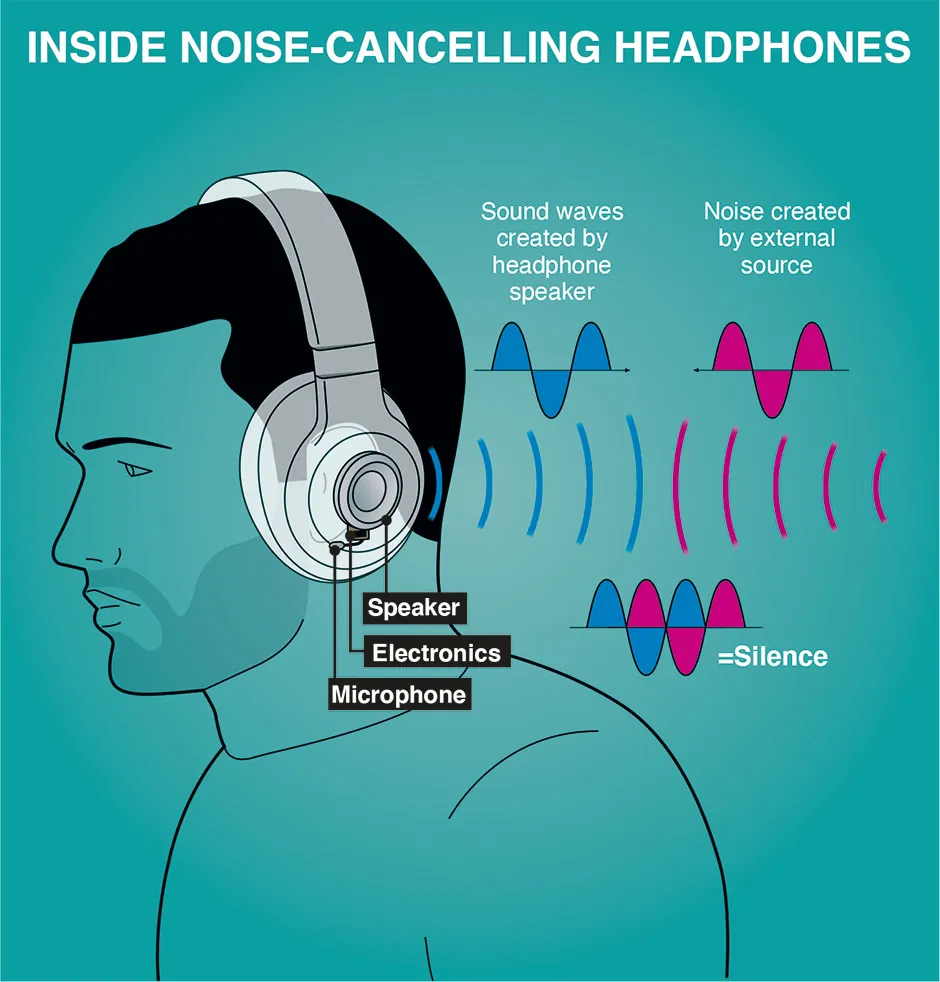
In conclusion, choosing between noise isolating and noise cancelling headphones depends largely on your specific needs and environment. It's essential to consider factors like where you'll use them, the type of noise you often encounter, and your budget. Understanding these key differences will help guide you towards a more informed choice.
Conclusion
In conclusion, noise isolating headphones are a great asset for those seeking a quality listening experience with fewer interruptions. By understanding the technology and how it operates, one can better appreciate their potential and make an informed buying decision. While they might not be as efficient at blocking low-frequency sounds as their noise-cancelling counterparts, they're less reliant on batteries and have very competitive pricing.
Related FAQs about what does noise isolating headphones mean
How to choose the best noise-isolating headphone for myself?
Choosing the best noise-isolating headphones depends on your needs and preferences. Pay attention to the design- in-ear or over-ear, the material used, and the comfort level. Also, consider the headphone's frequency response, sound quality, and cost. Reading reviews and testing before buying can also be helpful.
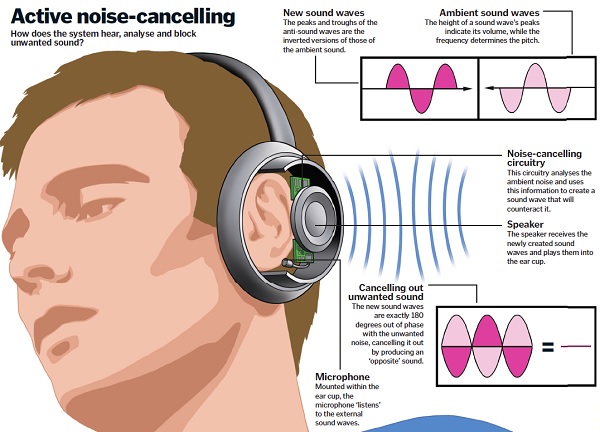
Are noise-isolating headphones suitable for all environments and scenarios?
Noise-isolating headphones are excellent for situations where you want to cut down on ambient noise. They can be used anywhere from noisy buses to quiet reading rooms. However, if you want to stay alert to your surroundings, such as on a street, they may not be suitable.
Are noise-isolating headphones worth the investment?
Absolutely. Noise-isolating headphones provide an enhanced listening experience by reducing ambient noise penetration. They're perfect for high-quality, uninterrupted audio, and they’re cost-effective as they don't require batteries. If you value good sound and quiet environments, they're definitely worth the investment.

